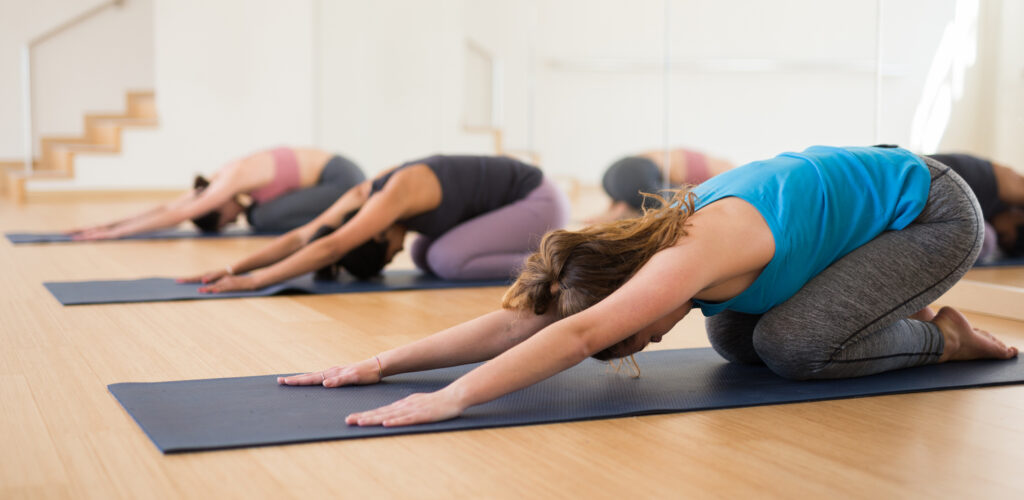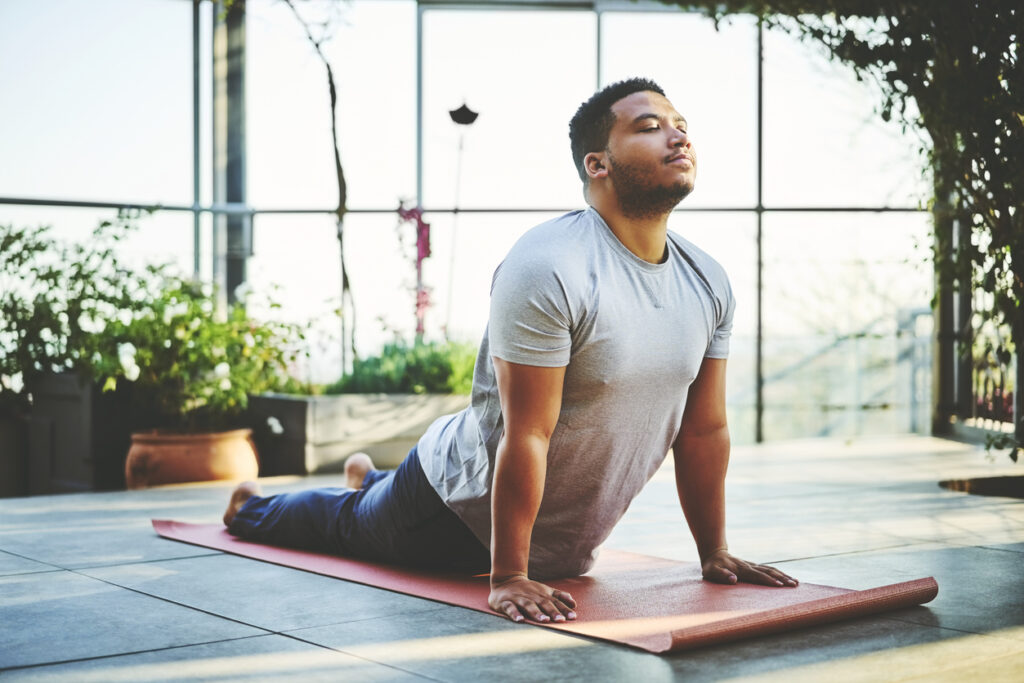Learn more about how incorporating yoga in addiction treatment can aid in recovery at New Choices Treatment Center.
The journey to recovery is often filled with challenges and uncertainty. However, at New Choices Treatment Center (NCTC), we believe that finding the right support can make all the difference. One powerful tool that has been gaining recognition for its benefits is yoga in addiction treatment.
Integrating yoga in addiction treatment can provide holistic healing. This, in turn, helps people achieve a balanced state of physical, mental, and emotional well-being.
In this article, we will explore yoga’s healing potential in recovery. At NCTC, we incorporate yoga into our comprehensive treatment plans to support our clients in their quest for sobriety. By understanding how yoga can aid in addiction recovery, you’ll discover new pathways to health and resilience.

Integrating yoga into traditional addiction treatment modalities offers a balanced approach that addresses the multifaceted nature of recovery. For example, yoga sessions can be scheduled alongside individual therapy sessions during residential programs.
This combination allows patients to process their emotions and experiences in therapy and then release physical and mental tension through yoga practice. The synergy between yoga and traditional therapies helps create a more holistic treatment experience.
Individual yoga sessions in addiction therapy are goal-oriented. This means that they focus on each person’s specific needs and objectives.
Whether clients want to reduce stress or cultivate mindfulness, our instructors work collaboratively with them to set achievable goals and develop a plan to reach them.
